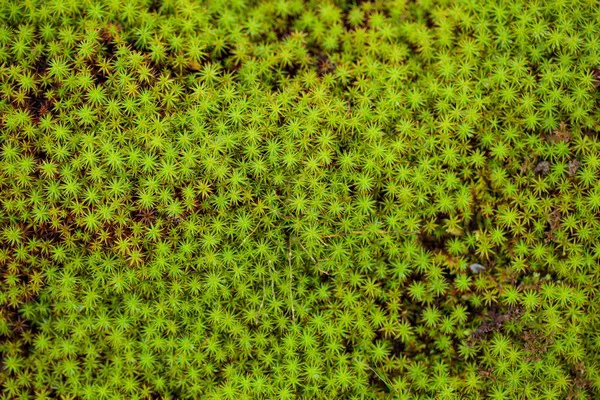Scaling up production of an effective peat-free alternative growing media could soon become reality, following the launch of a new project funded by Defra and UKRI.
The 24-month feasibility study aims to develop a method for producing Sphagnum moss within a protected environment for use as a high-quality, sustainable growing media component.
Although Sphagnum has the potential to replace peat as a growing medium, its production can be slow and challenging. To overcome this, the project is focusing on the optimization of crop yields, pest and disease control, processing methodology, and the development of shorter crop cycles compared to field-based production.

Work is being conducted by a consortium consisting of BeadaMoss Micropropagation Services (EM) Ltd, Melcourt Industries Ltd, Crop Health and Protection (CHAP), and Fresh Growers Ltd (FreshGro). This follows previous Innovate funded projects which have developed a patented field production system for Sphagnum biomass (BeadaGro) as a peat-free growing medium.
Dr. Neal Wright, Director and Founder of BeadaMoss, said: “Successful optimization of Sphagnum growth in a protected environment such as a commercial glasshouse can achieve 100% yield improvement, compared to field-based production. It can also reduce the crop’s cycle from 3-5 years to 1-2 years and support a pesticide-free approach.
Replacing rockwool
“Being able to grow sterile growing media such as this will be highly valuable, particularly for vegetable seedlings, hydroponics, and vertical farming systems. It also supports Defra’s target of eliminating peat-based compost by 2028, with the potential to also replace rockwool, which although popular, isn’t biodegradable.”
The project includes grower trials to improve market confidence in Sphagnum. If successful, this will prove a new, profitable crop for nursery growers while also addressing some of the sustainability issues associated with vertical farming.
Catherine Dawson, Technical Director for Melcourt, said: “At the moment, Sphagnum has produced some very promising and successful results but is not yet available at a scale too, both growing media producers and their customers, the end-users.
“This project could solve that and make Sphagnum a significant part of a solution for the UK.”
Martin Squire, Innovation Sector Lead at CHAP, added: “Creating sustainable growing media for commercial horticulture is highly challenging, this project will accelerate much-needed innovation.”
For more information: CHAP
CHAP
enquiries@chap-solutions.co.uk
www.chap-solutions.co.uk
